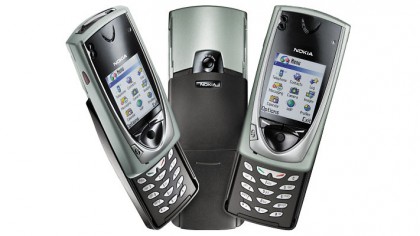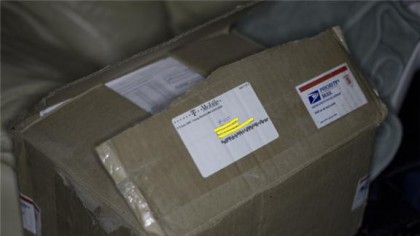Is it time to say goodbye to the text message?
How SMS changed the world
Unfortunately problems, such as image format or non delivery, meant that in 2004 all European networks with MMS services admitted it wasn't making money - although it still pervades today.

By 2007, text messaging had become more popular than making phone calls in the US, with Americans averaging 218 texts to 213 phone calls in December. Nielsen reported that the disparity had grown to 357 versus 204 in 2008.
The numbers, predictably, continued to spiral out of control as mobile phone use exploded: The Mobile Data Association reporting that 56.9 billion SMS messages were sent in 2007, rising to 96.8 billion by 2009.
Is this the end?
However, July 2009 saw the launch of messaging app WhatsApp - which was seen as a massive blow to text messaging.
Messaging was free, allowing you to send text via a data (be it 3G or Wi-Fi) connection. By the end of 2009, 1 million people were already using WhatsApp.
Over 1 billion messages were handled by WhatsApp in October 2011, perhaps contributing to falling numbers in SMS sent on Christmas day.
That year Finland, Hong Kong, Spain and the Netherlands all reported that fewer messages were sent.
Get daily insight, inspiration and deals in your inbox
Sign up for breaking news, reviews, opinion, top tech deals, and more.

According to Nielsen the same age group that originally drove the love for the text is now pushing the popularity of mobile messaging apps like SnapChat - teenagers.
It isn't all bad news for text messaging though. Reports suggest that it has generated over $585 billion globally, with forecasts of a further $1 trillion over the next seven years.
This might be in no small part down to Fred Lidgren, a guy with the world record for text messages sent in a month.
Mr Lidgren managed to send 566,607 texts, or 18,887 a day, 787 per hour or 13 texts per minute.

Andrew Acklin and Deepak Sharma held the record previously, with 200,052 and 182,689 sent and received messages respectively.
What next?
With the rise of mobile messaging giants WhatsApp, Kik, Facebook and SnapChat, just how much longer will we all be sending texts?
The rise of mobile technologies such as 4G and easily accessible Wi-Fi may lead to more messages sent via data connections rather than standard networks.
The future is clearly going to be all about IM, but that doesn't mean the humble text is a goner. The short character formation is universal across handsets and can easily send information without needing to worry about whether another person has the right app installed.
The number of texts sent in the UK will fall again this year... but it will still reach 140 billion. Sure, IM now still shoves out over 300 billion missives, but that's across a number of platforms.
Until one service overtakes all the others to become the champion way of communicating, we'll still be texting for years to come.
- For now it seems that text messaging is safe, but just how much longer will we all be sending text messages, how about in 2030?